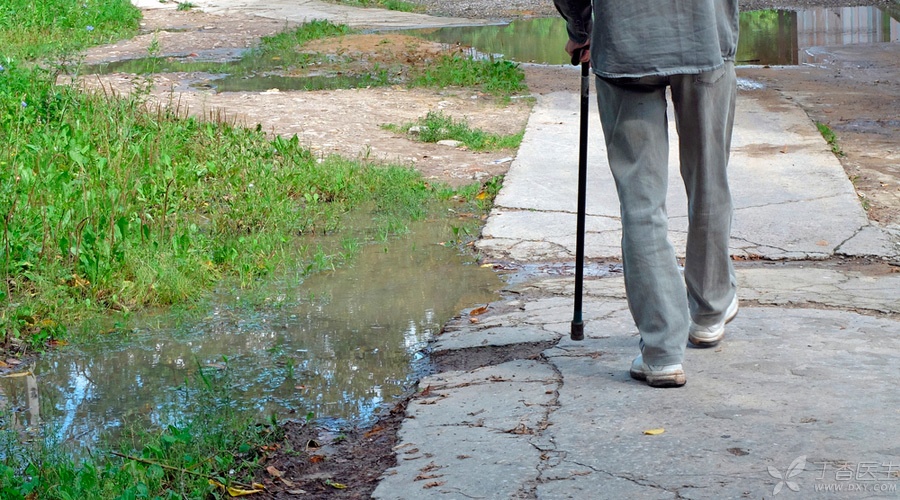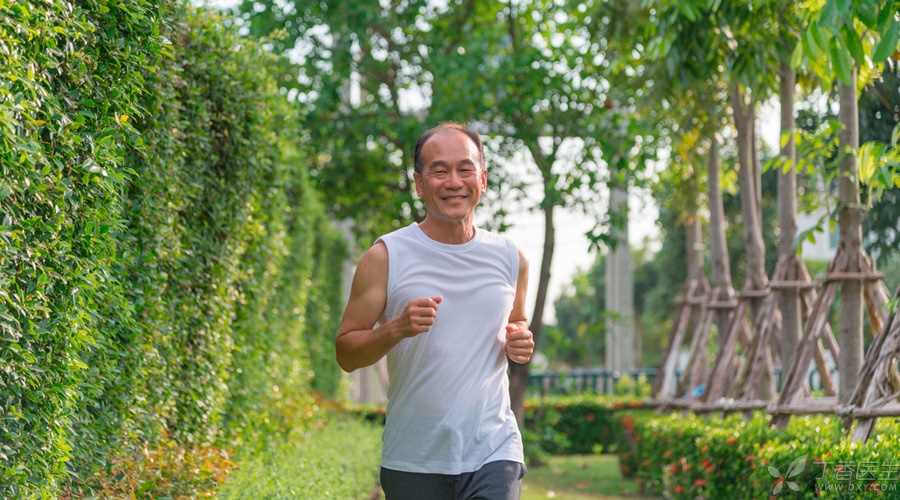Walking is an unusual thing.
However, some studies have found that this most basic action can also be used to evaluate the overall health status of the middle-aged and elderly to a certain extent.
Can walking speed predict life span?

It is possible.
A study by the University of Pittsburgh in the United States shows that:
The actual life expectancy of those elderly people who walk at a speed of 0.8 meters per second or faster is often longer than the average life expectancy.
This speed is about 10 minutes to walk 500 meters.
Although walking seems to be a simple way of exercise, in fact, to complete this exercise normally, it requires the perfect cooperation of bones, muscles and nervous system, as well as the participation of cardiovascular system and respiratory system.
The walking speed is basically constant at ordinary times, and the body will automatically adjust the pace to adapt the walking speed to its own system functions.
Pacing does not tell us everything about physical health, but it still needs to be comprehensively evaluated in combination with other tests. But like blood pressure, it can reflect the health status from one aspect, and pacing is an indicator that can be easily observed.
Why do you walk slower and slower?

From about 30 years old, muscle will lose 0.5% ~ 1% naturally every year. By the age of 50 or 60, many friends will suffer from oligomyopathy-that is, the reduction of muscle mass, muscle strength and muscle function.
This disease is generally closely related to nutrition and exercise.
Daily sitting and lying for a long time, lack of exercise, not eating enough protein, poor digestion, unscientific weight loss, etc., will have a great impact on muscle loss.
Coupled with osteoporosis and other conditions, leg and foot movements gradually become slower.
In addition, three highs, varicose veins, arteriosclerosis of lower limbs or joint diseases will also affect the blood supply of lower limb muscles and the removal of metabolic wastes, thus affecting the walking speed.
In order to live a long life, do you want to walk faster?

Don’t deliberately increase your walking speed in order to prolong your life.
Although research suggests that walking speed is related to a person’s life expectancy, it does not encourage everyone to go out and start walking fast now, because there is no evidence to confirm the idea that deliberately walking fast can prolong life expectancy.
But then again, brisk walking itself is a good way to exercise. < < Dietary Guidelines for Chinese Residents > > also points out that Chinese residents exercise 6,000 steps a day, which is beneficial to keeping healthy.
In doing so, we can really improve our physical health.
Attention should be paid to moderate exercise and balanced nutrition.
Take one’s legs

Reduce sitting and lying for a long time and increase the amount of daily physical activity.
Strive to do moderate intensity exercise for more than 30 minutes at least 5 times a week, and add some resistance training, such as lifting dumbbells and squats, to increase muscle strength.
Shut up

1. Pay attention to supplementing high-quality protein to ensure sufficient milk, eggs, bean products and lean meat in three meals;
2. A diet with less oil and salt;
3. Increase marine fish, animal liver, egg yolk and other foods appropriately, bask in the sun moderately, and eat vitamin D supplements when necessary.
Through gradual exercise to improve physical quality, walking will naturally be brisk and durable, accompanied by not only the extension of life span, but also the improvement of quality of life and vitality.
Walking speed can, to a certain extent, reflect a person’s overall health and physical function.
If you find yourself or your family and friends walking slowly for a certain period of time, you should pay attention to whether there are potential health problems. If necessary, you should check in time and find out as soon as possible.
The knowledge of walking is not small, is it?
When walking in the future, you can pay special attention to your walking speed.
